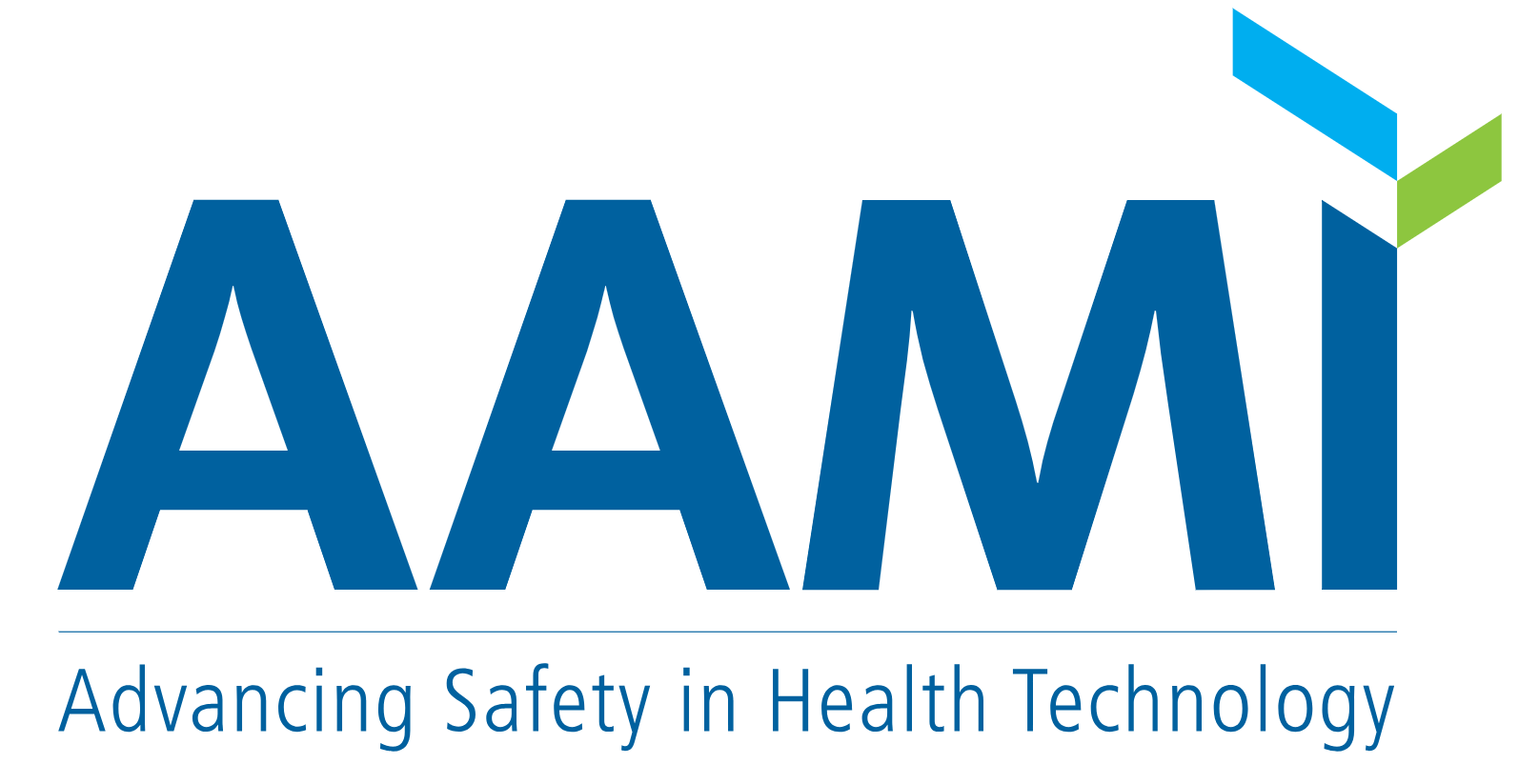
AAMI Updates Medical Device Design Standard for First Time Since 2009
ARLINGTON, VA / AGILITYPR.NEWS / November 18, 2025 / How medical professionals interact with medical devices is an increasingly vital consideration for the manufacturers who design those medical devices.
The Association for the Advancement of Medical Instrumentation (AAMI) has updated its primary human factors engineering guidance for the medical device industry for the first time in more than fifteen years.
ANSI/AAMI HE75:2025; Human factors engineering – Design of medical devices is the first update to AAMI’s premier human factors standard since 2009. The standard is meant to assist users and manufacturers of medical devices by providing extensive guidance to all medical devices and combination products. The updated HE75 contains more than 500 pages of concrete guidance on device design, patient and practitioner safety, and navigating both everyday challenges and complex markets.
AAMI expects that HE75 will prove practical and useful to human factors and usability engineering specialists, software developers, manufacturing staff, and biomedical engineers throughout the health care sector. This standard addresses a broad range of human factors engineering topics as they relate to the design and evaluation of medical devices. HE75 includes information on:
- Design priorities: Such as ensuring safe use, utilizing user input and considerations related to training, instructions for use (IFUs), and managing risk of user error.
- Anthropometry and biomechanics: Including user physical characteristics and capabilities including size, posture, range of motion, and others.
- Usability testing: Describing methods of planning and conducting evaluations that generate valid and reliable usability data
- Environmental, organizational, and structural issues: Defining environmental factors that could negatively affect medical devices and patients.
- Other considerations: Addressing subjects like device labeling, packaging, product life cycle, training, alarm management, and interacting with global markets.
Using AAMI’s consensus-based standards development process, HE75 was updated by the AAMI Human Factors Engineering Working Group, which is made up of representatives from the medical device industry, university research centers, and health care delivery organizations. Mary Beth Privitera of the University of Cincinnati and Know Why Design, LLC, and Molly Story Human of Spectrum Design, LLC co-chaired the Working Group.
Privitera said “Fundamentally, the goal of HE75 is to improve the overall experience with medical devices, making them safer, and helping to promote a good, usable, device design.” Story indicated that HE75 is especially relevant to accessibility concerns, saying, “One of the interesting things that has changed since 2009 is Section 16, on accessibility considerations. At the time, we were proposing things that have since come out in the form of standards that were adopted [by regulators] and will now be enforced for the accessibility of certain kinds of medical equipment.”
ANSI/AAMI HE75:2025; Human factors engineering – Design of medical devices is available for purchase in the AAMI Store or as part of an AAMI eSubscription. Questions about the scope or implementation of HE75? Get in touch with the AAMI Standards team at standards@aami.org. Members of the press with questions are encouraged to contact the AAMI media team at dvisnovsky@aami.org.
About Us
The Association for the Advancement of Medical Instrumentation® (AAMI) is a nonprofit organization founded in 1967. As the global leader in developing national and international consensus standards, AAMI has built a robust network of over 14,000+ members across more than 70 countries. This diverse and engaged membership includes industry leaders, healthcare professionals, and government representatives working together to improve patient safety and healthcare outcomes.
Contacts